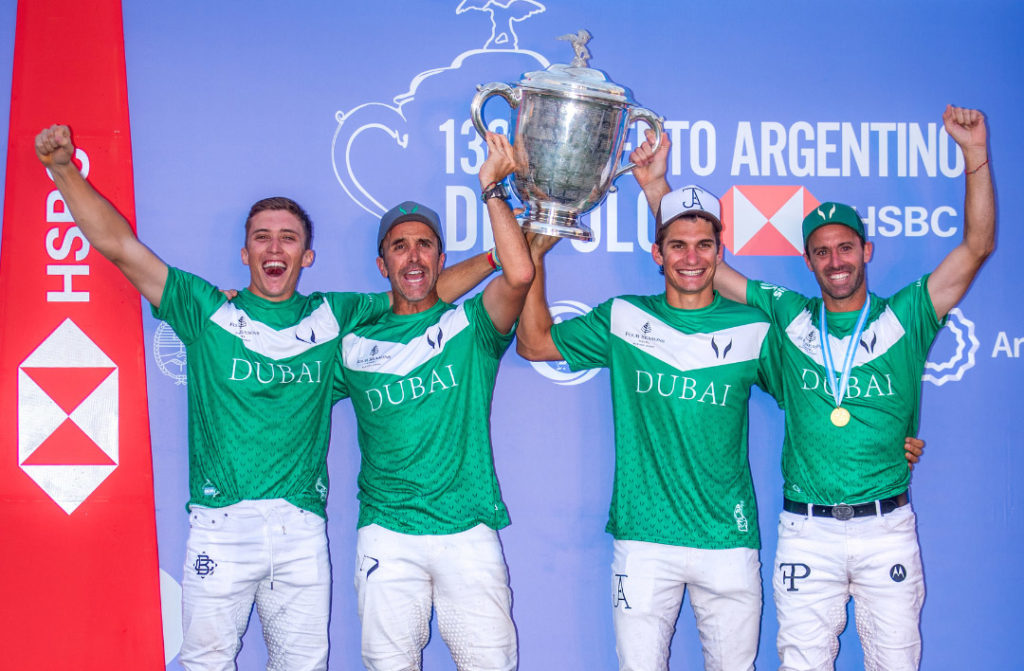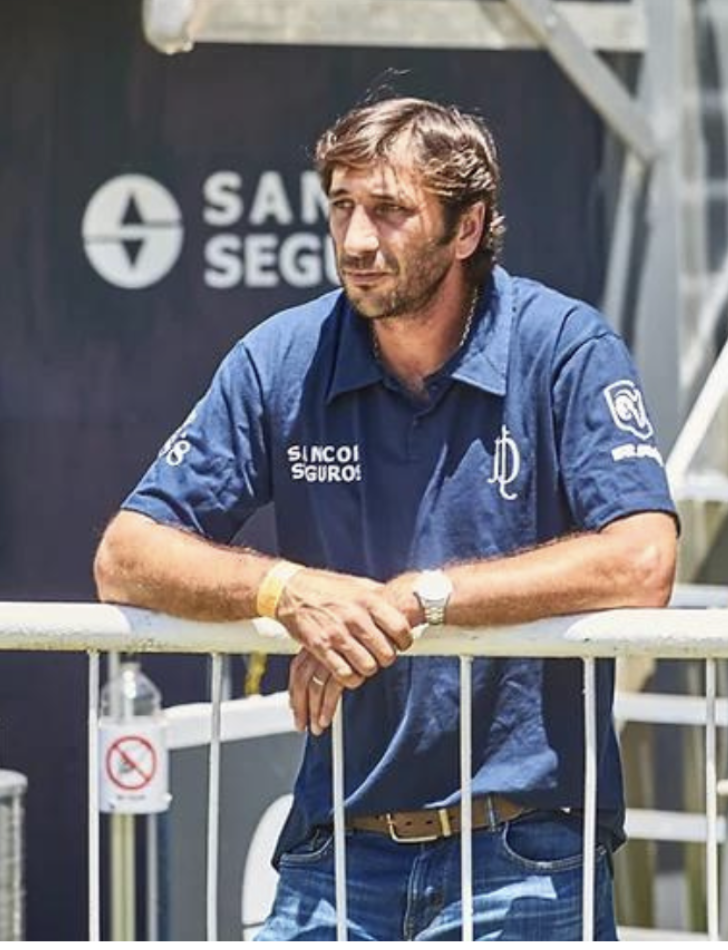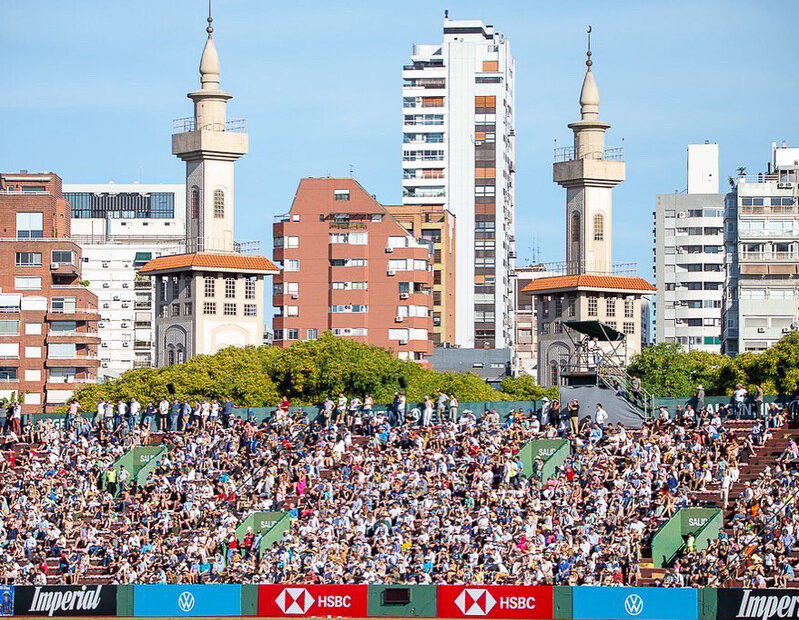“A leader is one who knows the way, goes the way, and shows the way”
John C. Maxwell
In every match, especially in high-goal polo, there are so many more people on each team than just the players including the grooms, umpires, families, friends, and the team’s leadership.
When it comes to high-goal polo, the role of the coach is very similar to other professional sports. When polo players reach the high-goal caliber of play, they often work with personal trainers who can help them develop their skills. But, similar to professional football, basketball, or hockey, the head coach often does not work with their players on their individual performances, but instead helps coordinate the team during their matches and motivates them to play their best.

However, unlike other professional sports who have individual coaches or trainers for each position during a match, polo teams typically only have one head coach for their matches and rely heavily on the leadership of their captain for in-game changes and support. And what better captains to focus on than those of the final teams in the recent final match of the Argentine Open Championship.
The Argentine Open is the third leg of the notorious Triple Crown of Polo. This series of tournaments is composed of three open high-goal tournaments: the Hurlingham Club Open, the Tortugas Country Club Open, and the Argentine Polo Open. In 2023, the triple crown roster welcomed eight teams from across the globe with the final match of the Argentine Polo Open between two titans of polo: team La Dolfina and La Natividad.

This year is the third time these two powerhouses have met on the polo field, with each face off even more thrilling than the last. La Dolfina has layed in every final at the Argentine Open and has won three consecutive titles, but in 2021, La Natividad defeated La Dolfina, making 2023’s competition a tie breaking final.
After an incredibly thrilling match, team La Natividad pulled away and defeated La Dolfina 13 goals to 10 to secure their second title in the Argentine Open Championship.

However, this victory and the incredible performance of La Dolfina did not come without the efforts of their impressive leadership.
Team La Dolfina
Milo Fernández Araujo is the current coach for Adolfo Cambiaso, Pelón Stirling, Poroto Cambiaso and Juan Martín Nero on team La Dolfina. The team, founded by Adolfo Cambiaso, first approached Araujo in 2013, and he has since led the team to three Hurlingham Open titles and six Argentine Open and Tortugas Open titles. Araujo believes the role of the polo coach is more important than just showing up for the day of the match and that it is essential to understand what will strengthen and grow such a high caliber team.
The fruits of Araujo’s dedication is plain to see from the collection of titles the team has won since his inception into the role of La Dolfina’s coach.
Additionally, Araujo has the acute awareness necessary in a high-goal coach that his players are incredibly skilled and his role needs to be balanced between guiding the team, but not micromanaging them. This fine line is what separates a good polo coach from a great one.

Team La Natividad
Twenty years ago, Ignacio Novillo Astrada won the Triple Crown in 2003 and was promoted to a 10 goal handicap in 2006. But, after Astrada’s team retired from the Triple Crown, he was invited to help coach Andrey Borodin’s team, Park Place, and lead them to win the U.S. Open against Adolfo Cambiaso’s team, Valiente. Later, he had a very successful run as a coach with La Irenita as well.

Astrada did not anticipate or seek out a coaching position after he stopped playing in the Triple Crown. However, he carried the coaching experiences he gained from his unexpected partnership with La Irenita into his Argentine season with La Natividad. Astrada’s unique perspective as a highly successful player guides his coaching style, which acknowledges he is not the ultimate leader of the Castagnola brothers, Facundo Pieres, and Pablo MacDonough, but instead an important facet of the team’s dynamic to help the players communicate and stay motivated. With La Natividad’s incredible success in the Argentine Open, it is clear to see that communication is key and knowing the right things to say to unite your team is one of the most important aspects of the polo coach’s role.
Written in collaboration with Lily Brennan
